Akbash Behavior with Other Animals and Pets
In this comprehensive guide, we will delve into the fascinating world of Akbash behavior when interacting with other animals and pets. Akbash dogs are known for their exceptional guardian instincts and gentle demeanor, making them a popular choice for livestock protection and family pets alike. Understanding how these magnificent dogs behave around other animals can help owners create a harmonious environment and ensure the well-being of all furry companions. Join us as we explore Akbash behavior with various animals and discover valuable insights for pet owners and farmers alike.
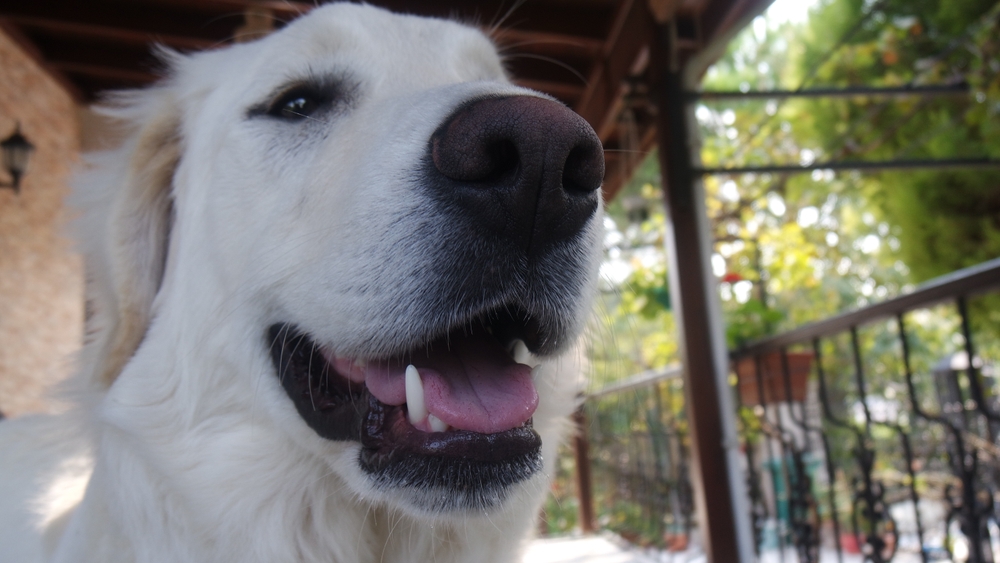
Introduction to Akbash Dogs
Before we delve into Akbash behavior with other animals, let’s familiarize ourselves with this remarkable breed. Akbash dogs originate from Turkey and were historically bred as livestock guardian dogs (LGDs). They are a large and powerful breed, known for their striking white coat and intelligence.
Key Characteristics of Akbash Dogs:
- Guardian Instincts: Akbash dogs have a natural instinct to protect, making them exceptional guardians for livestock and family members.
- Gentle and Calm: Despite their guardian instincts, Akbash dogs are surprisingly gentle and calm, displaying an excellent temperament.
- Loyal: These dogs form deep bonds with their human family and the animals they protect, showcasing unwavering loyalty.
- Independent Thinkers: Akbash dogs possess intelligence and independent thinking, which allows them to make crucial decisions in challenging situations.
- Socialization is Crucial: Early socialization plays a vital role in shaping their behavior and interactions with other animals.
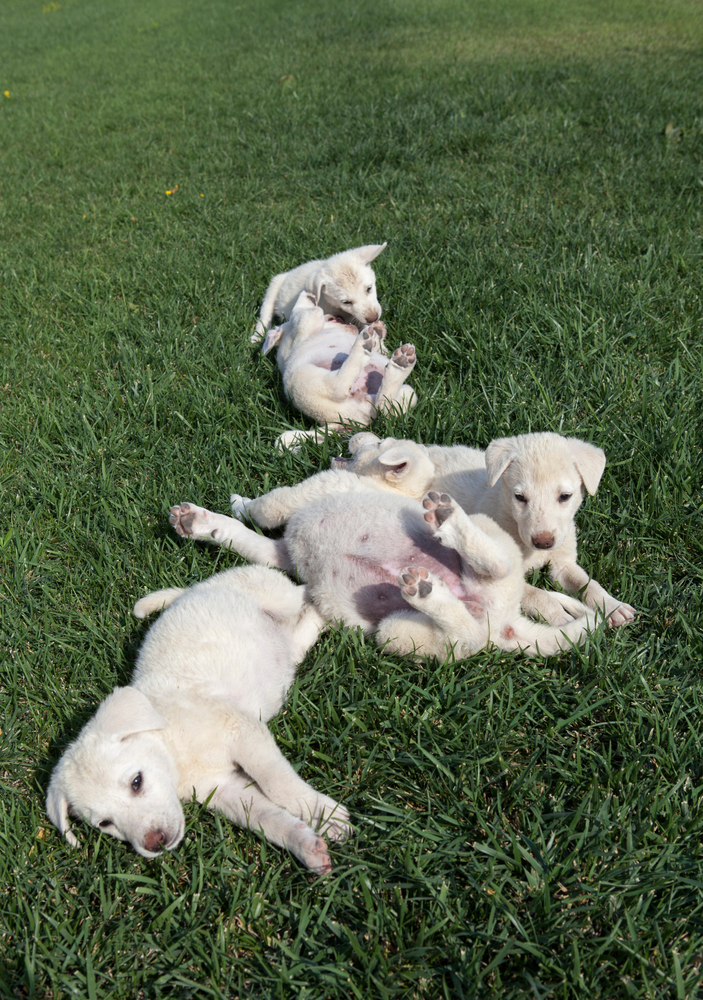
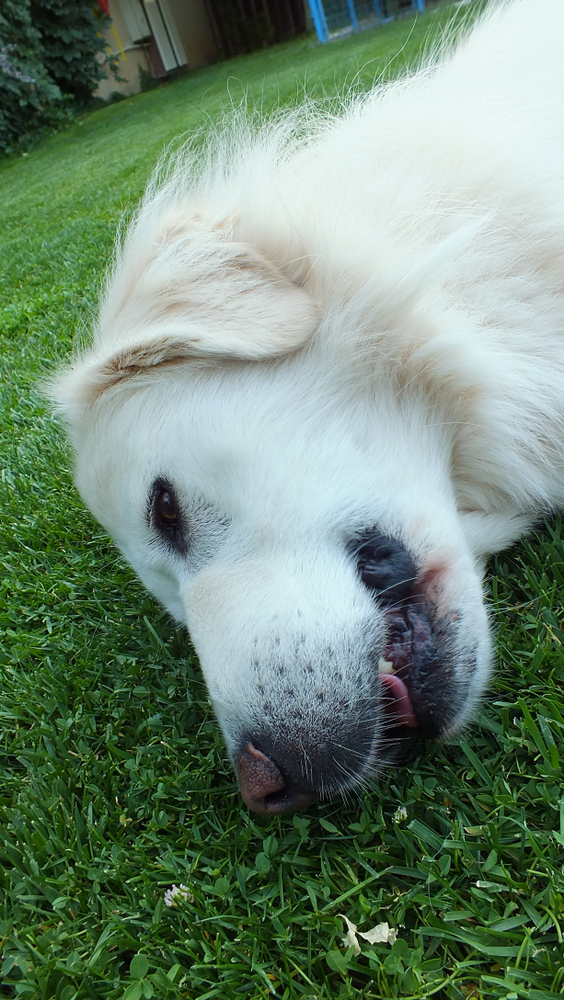
Akbash Behavior with Livestock
Akbash dogs have been highly valued for centuries as livestock guardian dogs. Their ability to protect and watch over herds is unparalleled, making them indispensable for farmers and ranchers. When it comes to interacting with livestock, Akbash dogs display distinct behavior.
1. Protective Stance: Akbash dogs assume a protective stance around their charges, whether it’s sheep, goats, or any other livestock. They are always vigilant and ready to confront potential threats.
2. Non-Aggressive Approach: While they are formidable guardians, Akbash dogs typically do not engage in aggressive behavior towards the livestock they protect. Their gentle and calm nature helps maintain a harmonious relationship with the animals under their care.
3. Bonding with Livestock: Akbash dogs form strong bonds with the livestock they protect. This bond is essential as it helps the dogs understand the herd’s behavior and detect any signs of distress.
4. Preventing Predator Attacks: The primary role of an Akbash dog is to deter and prevent predator attacks. Their presence alone is often enough to keep predators at bay, saving the livestock from harm.
5. Trainability: Training plays a crucial role in shaping Akbash behavior with livestock. Proper training can reinforce desirable traits and discourage undesirable ones.
Akbash Behavior with Other Dogs
Socialization is key when it comes to how Akbash dogs interact with other dogs. Early and positive exposure to different breeds and sizes of dogs can influence their behavior and demeanor positively.
1. Calm and Tolerant: Akbash dogs tend to be calm and tolerant when interacting with other dogs. However, it’s essential to remember that individual personalities may vary, and some Akbash dogs may be more reserved than others.
2. Same-Sex Aggression: Same-sex aggression is not uncommon in many dog breeds, and Akbash dogs are no exception. Early socialization and training can help mitigate any potential aggressive tendencies.
3. Supervised Playtime: When introducing an Akbash dog to other dogs, it’s essential to have supervised playtime to ensure a positive and safe experience for everyone involved.
4. Respect for Personal Space: Akbash dogs often display a sense of personal space and may not be overly affectionate with unfamiliar dogs. This behavior is typical and should not be misunderstood as hostility.
5. Positive Reinforcement: Positive reinforcement training techniques can be highly effective in encouraging desirable behavior during interactions with other dogs.
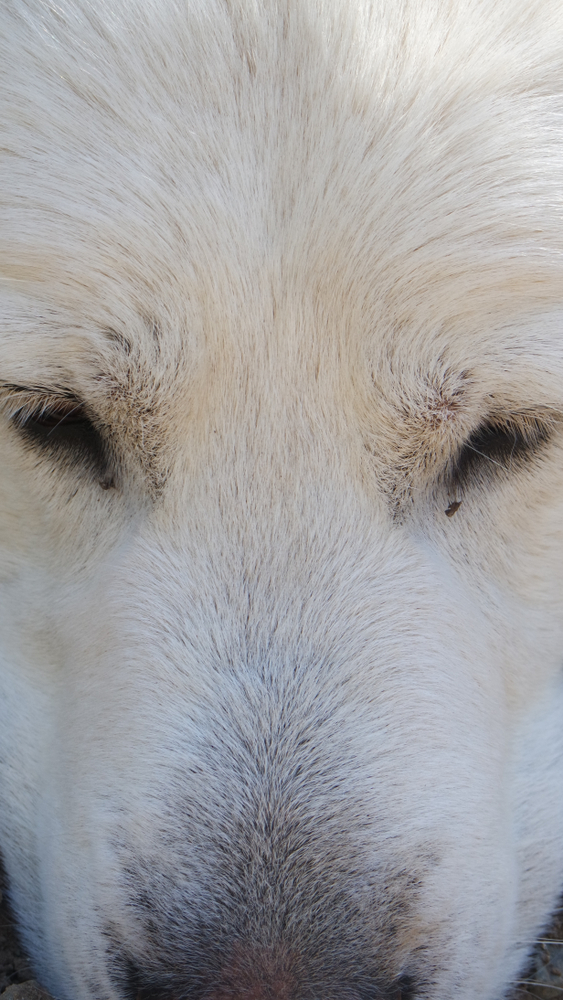
Akbash Behavior with Cats and Small Pets
Introducing an Akbash dog to cats and small pets requires patience and careful management. Due to their guardian instincts, Akbash dogs may view small animals as potential prey, especially if they have not been raised together.
1. Early Socialization: If you plan to have an Akbash dog and a cat or small pet in the same household, early socialization is crucial. Raising them together from a young age can foster a more harmonious relationship.
2. Prey Drive: Akbash dogs, like many breeds, have a natural prey drive. This drive can be lessened through training and controlled exposure to the smaller pets.
3. Supervised Interaction: Always supervise interactions between an Akbash dog and small pets. This step ensures the safety of all animals involved and allows for immediate intervention if necessary.
4. Separate Introductions: When introducing an Akbash dog to a new cat or small pet, it’s best to do so in a controlled environment with barriers. This approach helps them acclimate to each other’s presence without any direct contact.
5. Positive Associations: Create positive associations between the Akbash dog and the small pets through treats, rewards, and praise. This will reinforce positive behavior during their interactions.
Akbash Behavior with Children
Akbash dogs can be excellent companions for families with children. However, just like with any large breed, proper supervision and training are essential to ensure a safe and enjoyable experience for both the dog and the child.
1. Gentle Nature: Akbash dogs’ gentle nature makes them well-suited for households with children. They are patient and can form strong bonds with young family members.
2. Training for Boundaries: Training the Akbash dog and children about boundaries is vital. Children should understand how to interact with the dog respectfully, and the dog should be trained not to jump or display rough play.
3. Supervision: While Akbash dogs are generally gentle, supervision is crucial when young children interact with any dog. This precaution ensures that no unintentional harm comes to either party.
4. Early Exposure: If possible, expose the Akbash dog to children at a young age. Positive experiences during their formative months can shape a more tolerant and patient adult dog.
5. Time to Adjust: If you are introducing an adult Akbash dog to a household with children, give them time to adjust to the new environment and family members. Slow, gradual introductions are best.
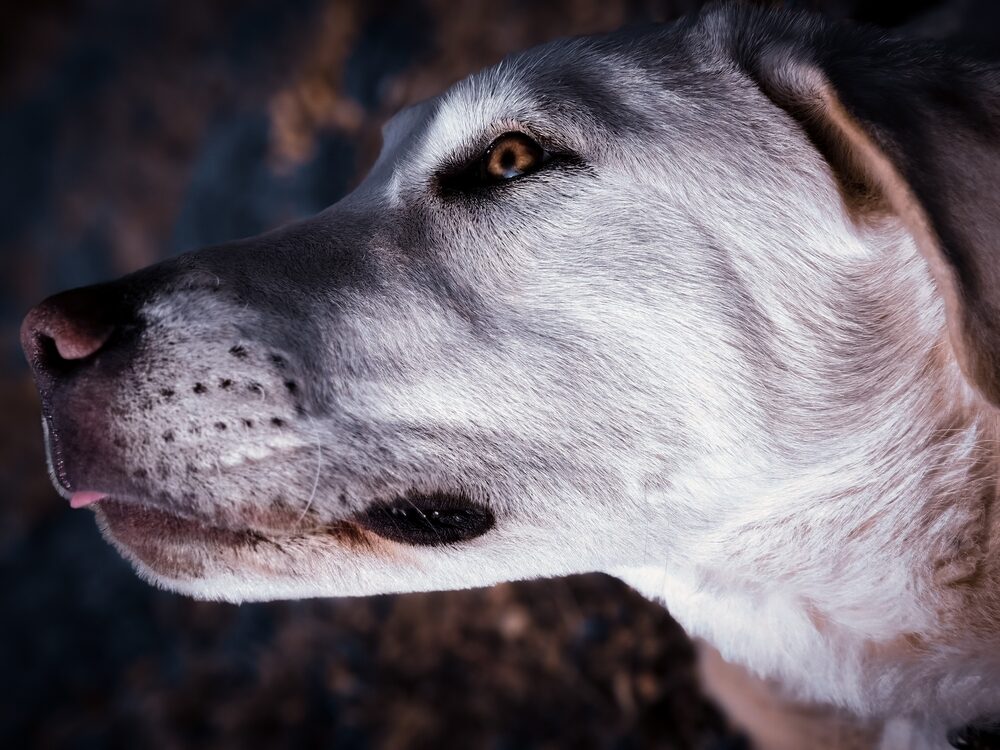
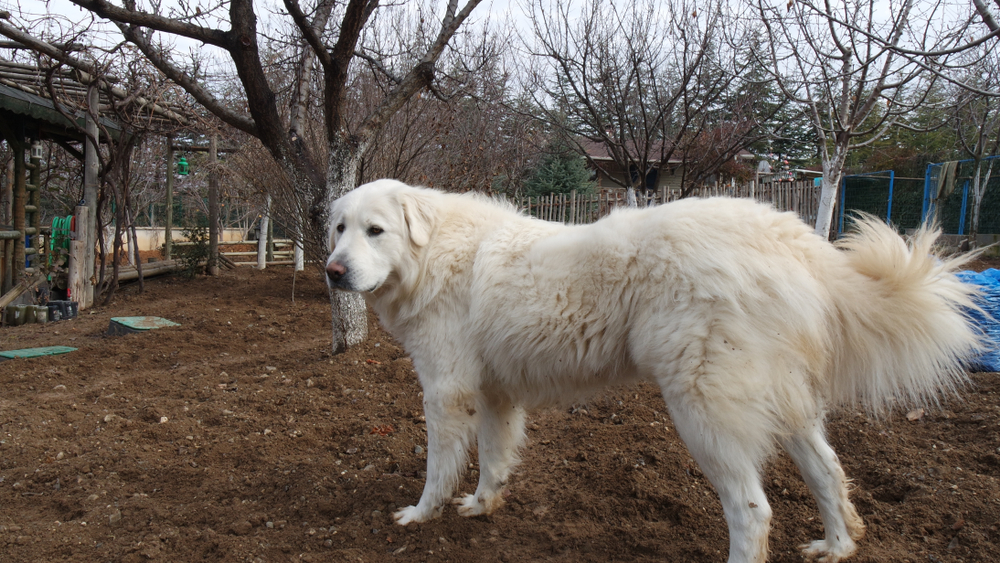
Akbash Behavior with Other Animals and Pets
Akbash dogs are truly remarkable creatures, known for their guardian instincts, loyalty, and gentle nature. Understanding their behavior when interacting with other animals and pets is essential for creating a harmonious environment and ensuring the well-being of all furry companions. Whether they are protecting livestock, playing with other dogs, coexisting with cats and small pets, or bonding with children, Akbash dogs bring a unique blend of strength and gentleness to every interaction.